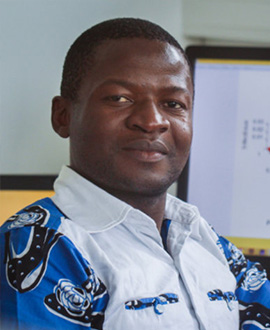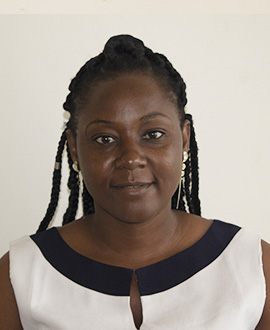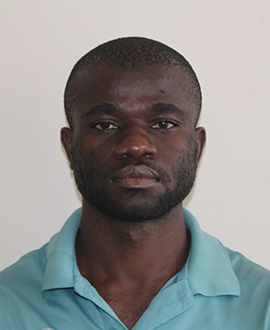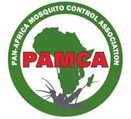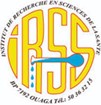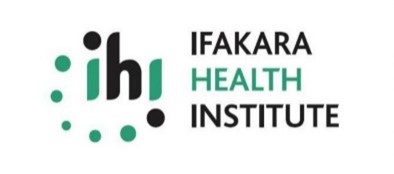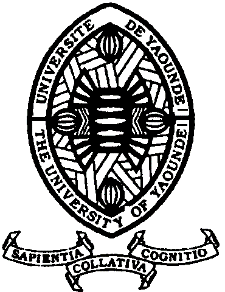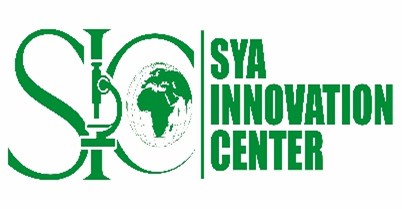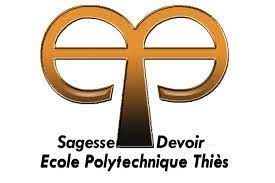VIMC climate change
The Vaccine Impact Modelling Consortium (VIMC) has secured funding of £12.8 million (USD $15.4 million) for the next five years for its new phase, VIMC 2.0. This phase will focus on modeling to address vaccine policy and practice questions and will involve a more diverse international community of modelers. Additionally, VIMC will establish a research program to study the impact of climate change on climate-sensitive vaccine-preventable diseases. For more informations click on this link (https://www.vaccineimpact.org/2022-11-14-VIMC-2-0-funding/)
ACoMVeC
The African Consortium in Modeling for Effective Vector Control (ACoMVeC) is a collaborative initiative led by Charles Wondji Centre for Research Infectious Diseases Cameroon. The project aims to strengthen malaria control efforts by bringing together African scientists and partners from the United States and the United Kingdom. The consortium has established partnerships with seven research institutes across Africa and provide training to 15 PhD-Students in Mathematical Modelling from French- and English-speaking African universities.
Read more …(https://gcgh.grandchallenges.org/grant/malaria-modeling-field-strengthening-acomvec)
ANR QUASAR
Given the pathogen’s evolving nature, long-term antimicrobial effectiveness is a significant public health concern. To address this issue, we need strategies that account for the continuous character of antimicrobial resistance, including intermediate resistance (tolerance), and to understand how virulence and resistance are related in colonizing parasites. Currently, there is a lack of recommendations based on robust mathematical models to combat antimicrobial resistance.
(https://anr.fr/Projet-ANR-21-CE45-0004)
Antimicrobial resistance (AMR) and Insecticide resistance (IR):
Herer, our primary focus is on enhancing empirical treatment strategies and investigating the relationship between AMR and antimicrobial usage. We also study the co-evolution of virulence and resistance. Our approach utilizes an integro-differential system with non-local terms, which is well-suited for studying the evolutionary dynamics of biological processes, including epidemiological and within-host dynamics, without relying on the time scale separation hypothesis.
We are actively researching and studying insecticide resistance. While specific details are not provided, our work involves examining the dynamics and mechanisms of insecticide resistance in relevant populations.
Climate change and infectious diseases:
We employ forecasting-based approaches to comprehend the impact of environmental and climatic variables on the epidemiology of infectious diseases, including vector-borne diseases and respiratory infections.
Human malaria:
Our research involves developing models to describe the within-host dynamics of various Plasmodium species such as P. falciparum, P. vivax, or P. malariae. For the parasitized stage of red blood cells (RBCs), we consider age-structured dynamics where age is a continuous variable representing the time since the RBC became parasitized. Additionally, our models easily accommodate the inclusion of anti-malarial treatments targeting specific stages of parasite development within the parasitized RBCs. At the epidemiological level, we are also working on malaria transmission models incorporating seasonal mosquito life-history traits.
Covid-19:
Our focus is on developing models to alleviate the burden of COVID-19 in hospital intensive care units and optimize control strategies, including both pharmaceutical and non-pharmaceutical interventions.


